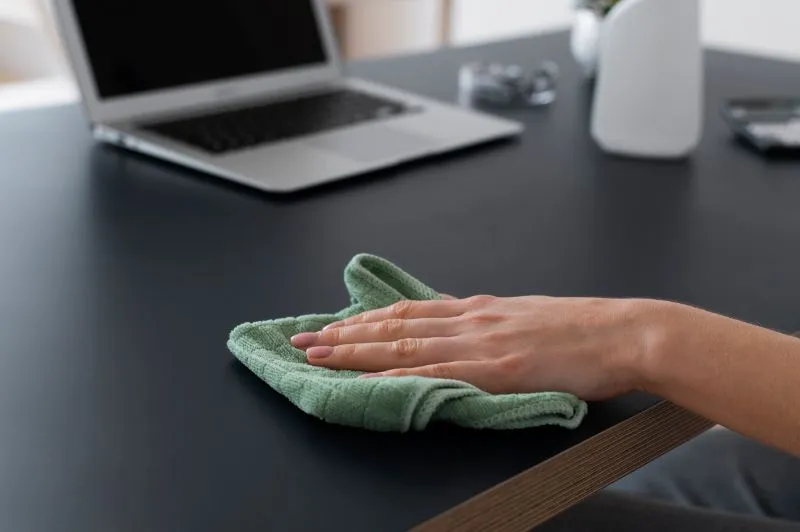The entire world has only one topic to discuss these days, which is that of the novel coronavirus, also known as COVID-19. Every person is worried about his/her safety, leading to a situation of self-isolation in various countries. This deadly virus has taken over 40,000 lives in the United States, with more than 760,000 confirmed coronavirus cases. COVID-19 continues to spread at an increasing rate, affecting nearly every country across the globe.
What is the coronavirus COVID-19?
The coronavirus by the name of COVID-19 is a Severe Acute Respiratory Syndrome virus (SARS-2) that can cause mild to serious illness amongst people. The virus has flu-like symptoms that can be recovered from without the help of additional treatment. For some, however, it can prove to be fatal. The virus is transmitted to and from mammals primarily through direct contact, which is why a safe distance is requested during social interactions.
How does it spread?
Like its other types, the COVID-19 coronavirus tends to be transmitted through the respiratory tract, mainly the nose and lungs. If a person sneezes or coughs, the droplets can travel through the airways and affect other people. Moreover, if a person comes in contact with a surface carrying the virus, he/she is also prone to getting it.
Coronavirus on surfaces
Since the novel coronavirus can also be transmitted from surfaces, it is essential to find out on which surface it lasts longer. Plastic is a highly common surface that almost all of us come in contact with on a day to day basis. As per research, the coronavirus particles tend to last longer on it with a lifetime of up to 3 days. The half-life of the SARS coronavirus 2 on plastic is for over 7 hours, making it an unsafe surface.
On stainless steel, the particles of the coronavirus tend to have a half-life of 5.6 hours, which is equally as bad as plastic. Surprisingly, copper is a safer option when comparing various surfaces since almost all coronavirus particles tend to die within 4 hours only. Similarly, any signs of the COVID-19 particles tend to disappear from cardboard surfaces in 24 hours.
How to protect yourself from COVID-19?
Even though we are practicing social distancing and self-isolation, it is necessary to carry out other preventive measures as well. The most important task for people should be to disinfect surfaces, especially plastic and stainless steel, before coming into contact with them. Furthermore, you should wash your hands with soap for a minimum of 20 seconds after coming in contact with any surfaces.
With coronavirus particles lasting for a few days on surfaces like stainless steel and plastic, you must keep areas with such materials clean. These particles can also be found on clothes, so it is suggested that you change and wash your clothes frequently to avoid spreading of the virus.
Disinfecting surfaces with 60-70% alcohol-based products can kill the particles instantly. The virus also tends to die quicker in high temperatures, so warming items and surfaces can protect you from the virus. Even an ultraviolet light can be used to disinfect some surfaces, but its usage is not recommended on human skin.
Symptoms of COVID-19
The virus can cause mild symptoms like regular flu with or without a fever. Symptoms also include a dry cough and wheezing with a strain on breathing. The symptoms can accelerate and cause respiratory failure and even deaths in about 20% of the people affected.
In case you think you have symptoms of the coronavirus COVID-19, you can book yourself for a test through medical facilities like Cura4U. Book an appointment to get yourself screened on time for the virus can save your life and of those around you as well.












